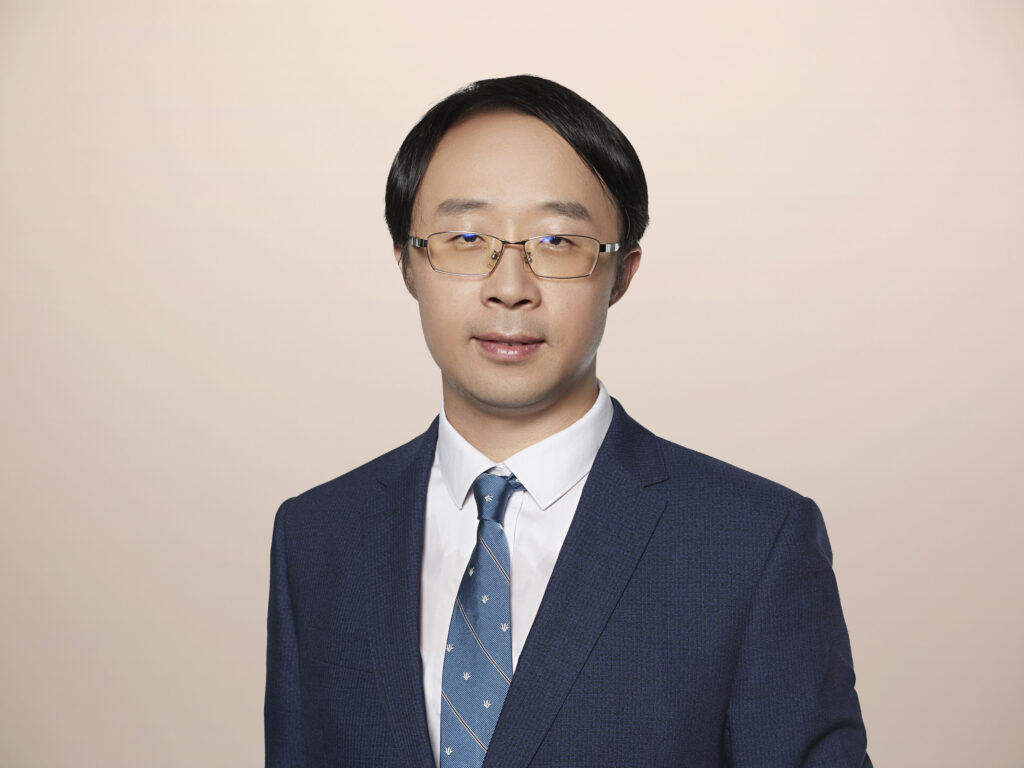The Long March Of Quantum Computing Is Entering A New Chapter
You might have seen the latest issue of TIME magazine — the title on the cover is “The Quantum Leap.” It has been four years since I published my report with my colleague Brian Hopkins on the technology infrastructure deep dive of quantum computing (QC). At that time, QC was still in its infancy, and we predicted that it would take at least five years before quantum computers have the potential to disrupt every industry. Now, in early 2023, we are still in the early stage of commercial adoption for QC. Our recent research reveals that the following factors are driving quantum computing into a new chapter:
- Vendors are making substantial progress in QC hardware and software innovation. Leading vendors such as IBM, Baidu, Google, D-Wave, IQM, IonQ, and Xanadu are making substantial progress with various modality approaches spanning superconductors, trapped ions, neutral atoms, nitrogen-vacancy centers, and photonics. IBM scaled its system from 27 qubits in 2019 to 433 qubits in 2022, providing rich developer support across kernel runtime, middleware, and applications. Baidu unveiled its quantum-as-a-service platform with quantum machine-learning (ML) development tools in 2020. It further announced an extensive QC portfolio in 2022, including Qian Shi, a quantum computer with a 10-qubit superconduct quantum chipset, and Liang Xi, a cloud-native quantum software platform with integrated quantum ML support.
- Technology ecosystem expansion is reaching a tipping point. IBM Quantum Network had only 40 members in 2019, but now over 210 Fortune 500 companies, universities, labs, and startups are pulling together toward the quantum future. Baidu’s Paddle Quantum has become an organic building block for quantum ML development as part of its PaddlePaddle. Baidu has not only formed a most active open source ecosystem for deep learning around this portfolio, serving over 5 million developers, but it has also published more than 600 open source AI models, and a dozen of them are quantum ML models for a range of business scenarios.
- Early business cases start to prove the differentiated commercial value of QC. In our previous research, we have already foreseen the strategic potential of QC for computation-intensive application scenarios commonly seen in the energy, pharmacy, transportation, logistics, materials science, and finance segments. E.ON became the first utilities company in Europe to work with IBM Quantum to implement quantum solutions. Baidu also provides quantum application models in its Paddle Quantum for a range of business scenarios, such as material simulation for chemistry, material surface quality inspection for manufacturing, protein folding for healthcare, and portfolio optimization for financial services.
- Decision-makers worldwide show interest in QC. According to Forrester’s Priorities Survey, 2022, 46% of business and technology decision-makers and influencers worldwide have some knowledge about emerging QC solutions, and 65% of them consider that QC will be important to their organizations.
While it’s still far from the realization of a true universal quantum computer, we expect to witness the birth of the first superconduct-based quantum computer with over 1,000 qubits in 2023, with more breakthrough in quantum ML, and all this will bring us one step closer to revolutionary business outcomes. On the other hand, despite all this progress, achieving practical quantum advantage (where a QC is better than a classical computer in terms of time to solve a real problem and cost to solve it) is still anybody’s guess — it could be in 2023, but it might not be until 2033. And QCs are still just engines for learning and experimentation in most cases.
As a result, technology executives should take an experimental approach to evaluating QC’s business potential, especially in combinatorial optimization areas such as risk modeling for financial services, scheduling optimization for logistics, drug development for healthcare, material discovery for chemicals, and portfolio risk analysis in the energy industry.
Get ready for the quantum leap!
